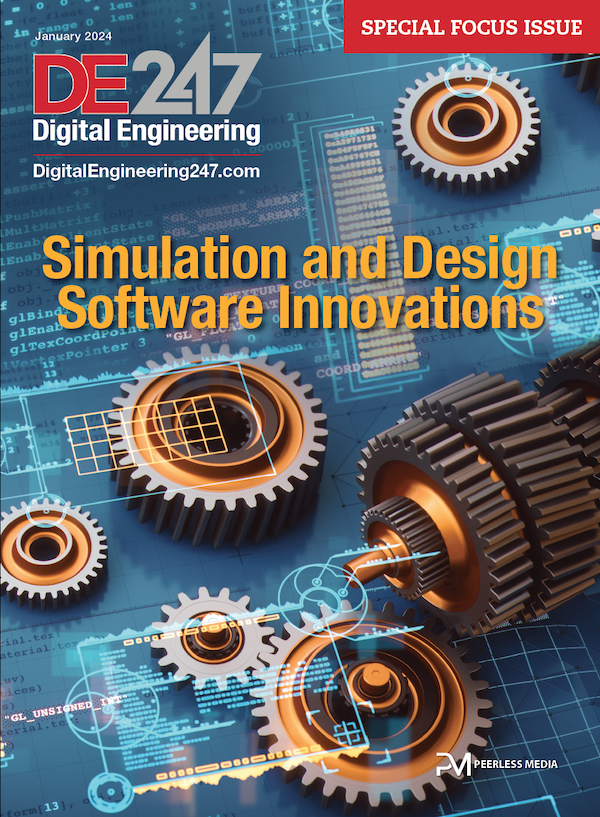Simulation Tailwinds
We have heard a lot more about marine applications over the past few years, as companies leverage technologies like generative design to create innovative designs and reduce weight.
Latest News
August 26, 2024
This issue of digital engineering focuses on the use of simulation and engineering technology in designing the boats for the 37th annual America's Cup race. The race teams behind these boats have increasingly relied on a mix of simulation and additive manufacturing to create their vessels, especially since there are limits on the physical production of the boats in advance of the race. The issue includes a feature on the efforts to design the boats for the current race, as well as a feature on additive manufacturing for marine applications in general, and the America’s Cup race specifically. Senior Editor Kenneth Wong also chimes in with a piece on how computational fluid dynamics simulation can assist with boat design.

In addition to helping create the boats, technology is also enhancing the overall race experience. This year, the America’s Cup debuted its e-series e-sports league, which featured teams racing on the virtual high seas.
The virtual race uses the AC Sailing PC game developed by Emirates Team New Zealand, which uses the same simulation technology employed by real-world America’s Cup teams. Winners of the virtual race (held from July to September) will have a chance to train and sail in a physical race.
We have heard a lot more about marine applications over the past few years, as companies leverage technologies like generative design and 3D printing to create innovative designs and reduce weight.
We here at DE are looking forward to following the America’s Cup teams while we recuperate from watching the Copa America and Euro Cup soccer tournaments, and the Summer Olympics.
2024 Design & Simulation Summit
In between all that sports watching, we have been busy preparing for our virtual Design & Simulation Summit on Oct. 31, and we have already lined up our preliminary speakers:
Our keynote panel on AI in simulation now includes Alexander Lavin, founder of Pasteur Labs, and CFD veteran Astrid Walle.
Frequent ASSESS and NAFEMS contributor Mark Meili (formerly a product supply engineer at Procter & Gamble) will be on hand to discuss the business value of simulation-led engineering.
ITficient CEO Teresa Alberts will discuss use cases for digital twins in product development for the manufacturing industry.
And Bob English, CEO of third-party manufacturing company Valiant Products, will discuss his experience using additive manufacturing to create complex geometries.
You can learn more about the event and register for all sessions at the Digital Engineering Design & Simulation Summit website.
More NAFEMS Coverage
Subscribe to our FREE magazine, FREE email newsletters or both!
Latest News
About the Author
Brian Albright is the editorial director of Digital Engineering. Contact him at de-editors@digitaleng.news.
Follow DE





